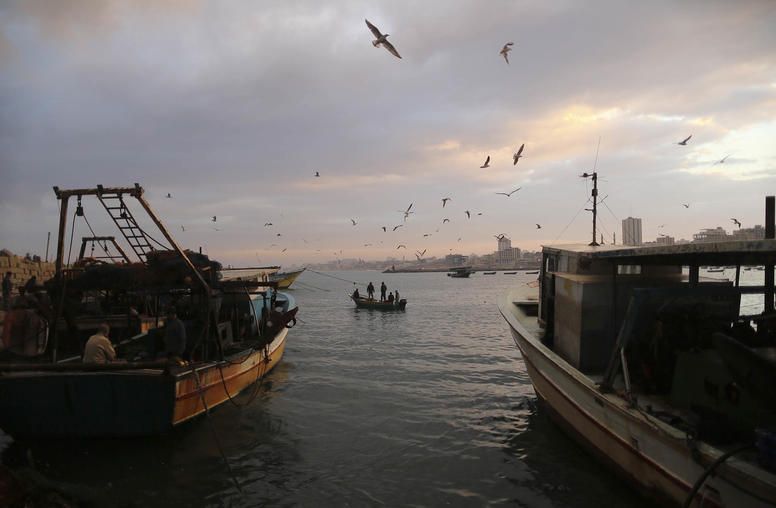The Challenge of Security Sector Reform in the Arab World
If the first season of the “Arab Uprisings” brought hope, the second season has illustrated many hard challenges, not least of which is restructuring the military, policy and intelligence services of Arab states. Even in Tunisia, where the military played a crucial role in supporting the “Jasmine Revolution,” the ultimate loyalty of the security services remains an open question. To examine this issue, USIP convened a panel of experts to discuss the institutional, economic and political challenges posed by the quest to remake security sectors into allies of pluralistic democratic change were discussed.
Read the event analysis, USIP Specialists Call Security Sector Reform in North Africa Difficult but Essential

If the first season of the “Arab Uprisings” brought hope, the second season has illustrated many hard challenges, not least of which is restructuring the military, policy and intelligence services of Arab states. Even in Tunisia, where the military played a crucial role in supporting the “Jasmine Revolution,” the ultimate loyalty of the security services remains an open question. To examine this issue, USIP convened a panel of experts on Monday, November 5, 2012 from 9:30am-11:30am where the institutional, economic and political challenges posed by the quest to remake security sectors into allies of pluralistic democratic change were discussed.
Explore Further
- Security Sector Reform in Tunisia: A Year after the Jasmine Revolution
Special Report by Querine Hanlon, March 2012 - The Politics of Security Sector Reform in Egypt
Special Report by Daniel Brumberg and Hesham Sallam, October 2012
9:30a.m. | Welcome and Opening Remarks
Steven Heydemann, Senior Adviser for Middle East Initiatives (USIP)
9:45a.m. | What Is Security Sector Reform?
Robert Perito, Director of the Security Sector Governance Center (USIP)
10:00 a.m. | Army and Police in Tunisia
Querine Hanlon, Senior Fellow at the Academy for International Conflict Management and Peacebuilding
10:15 a.m. | The Deep State in Egypt
Daniel Brumberg, Senior Program Officer - Middle East and Co-Director of the Democracy Studies Program at Georgetown University
Hesham Sallam, Co-Editor of Jadaliyya
10:30 a.m. | Militia Versus State in Libya?
Manal Omar, Director of the Iraq, Iran, and North Africa Programs (USIP)
10:45 a.m. | Q & A Session
Steven Heydemann, Senior Adviser for Middle East Initiatives (USIP)



